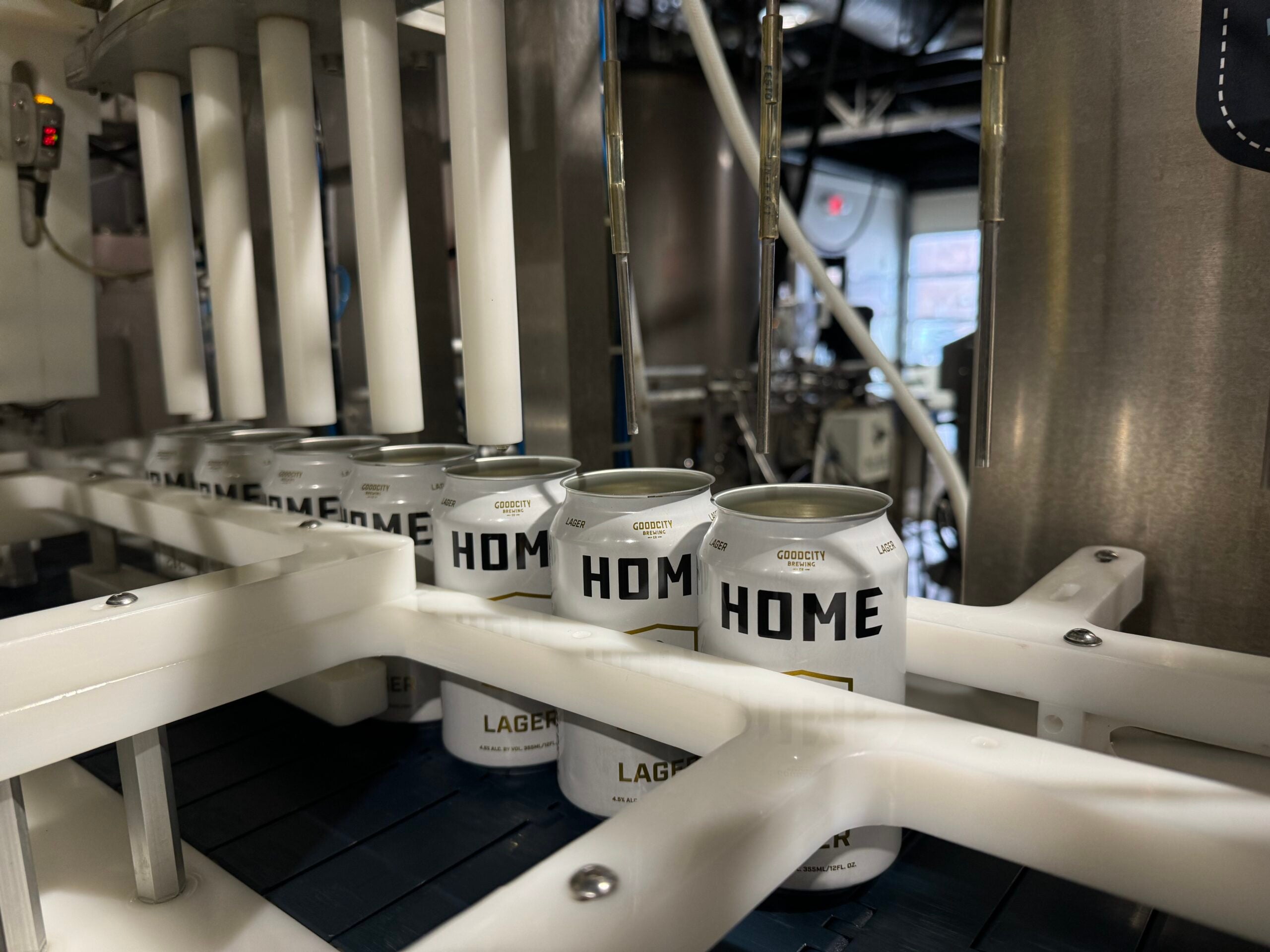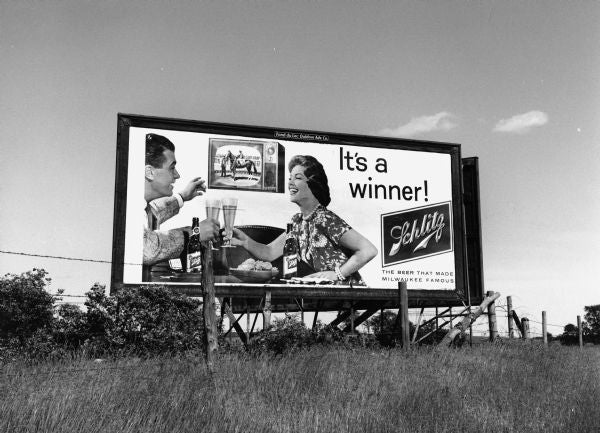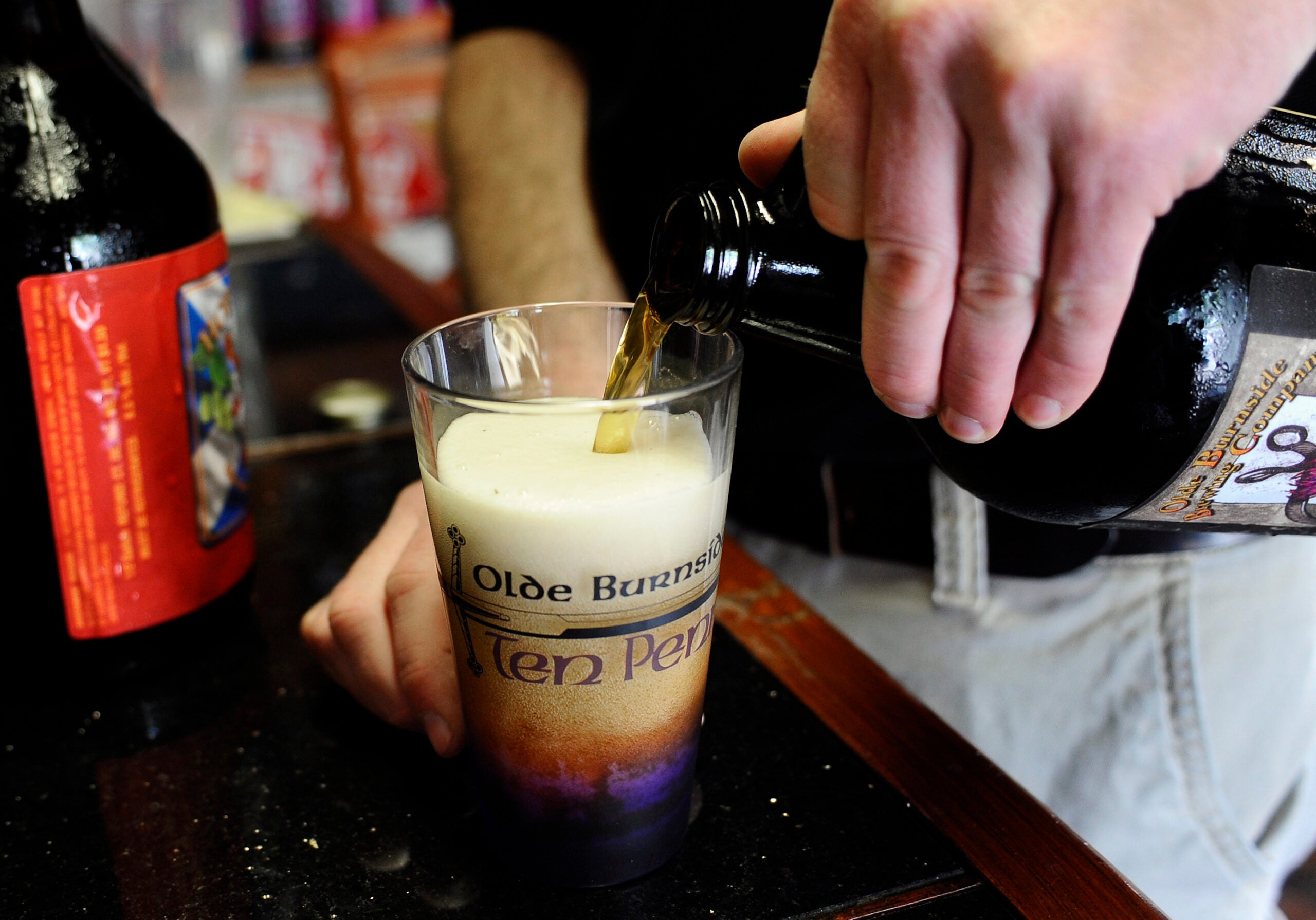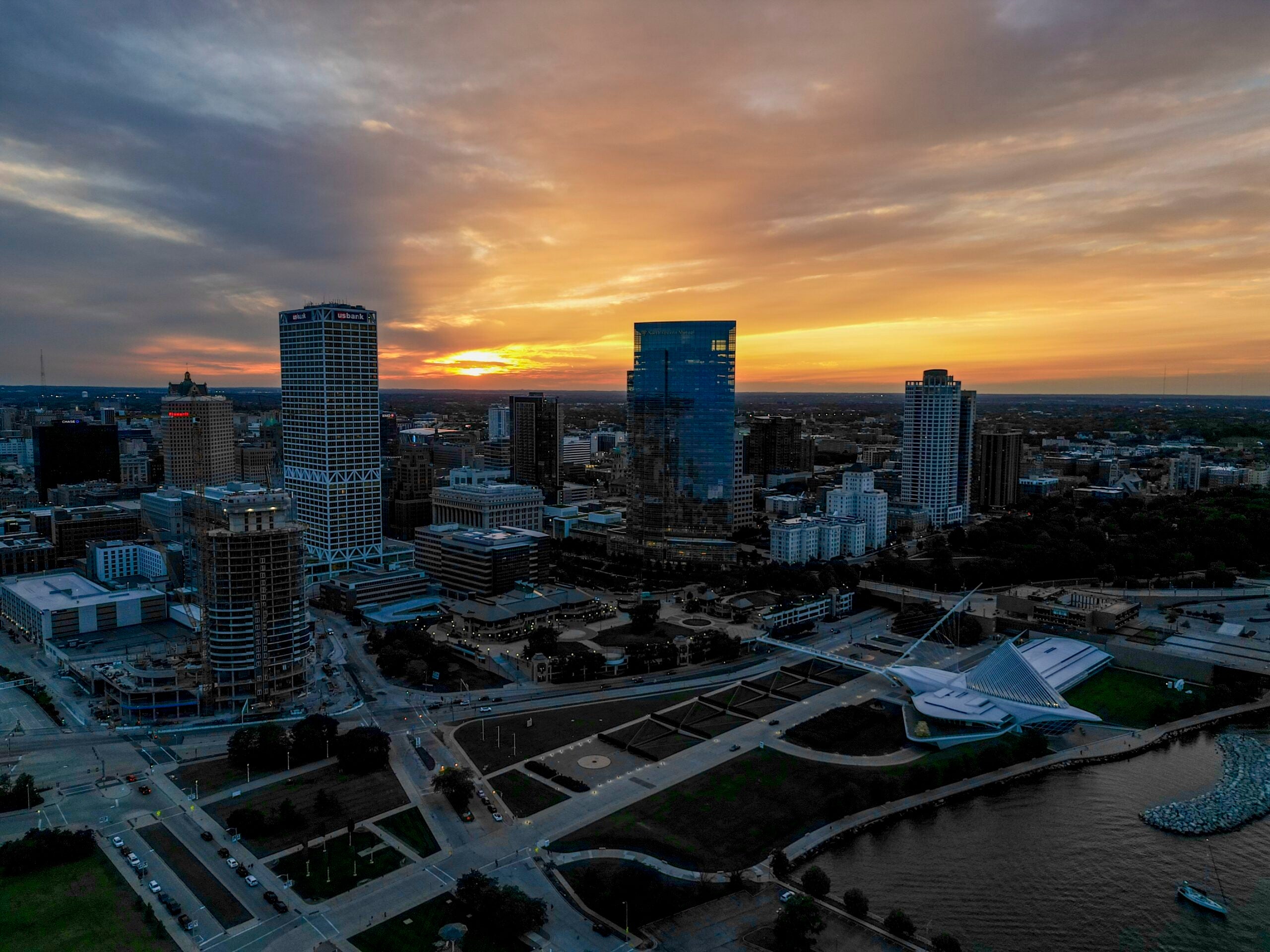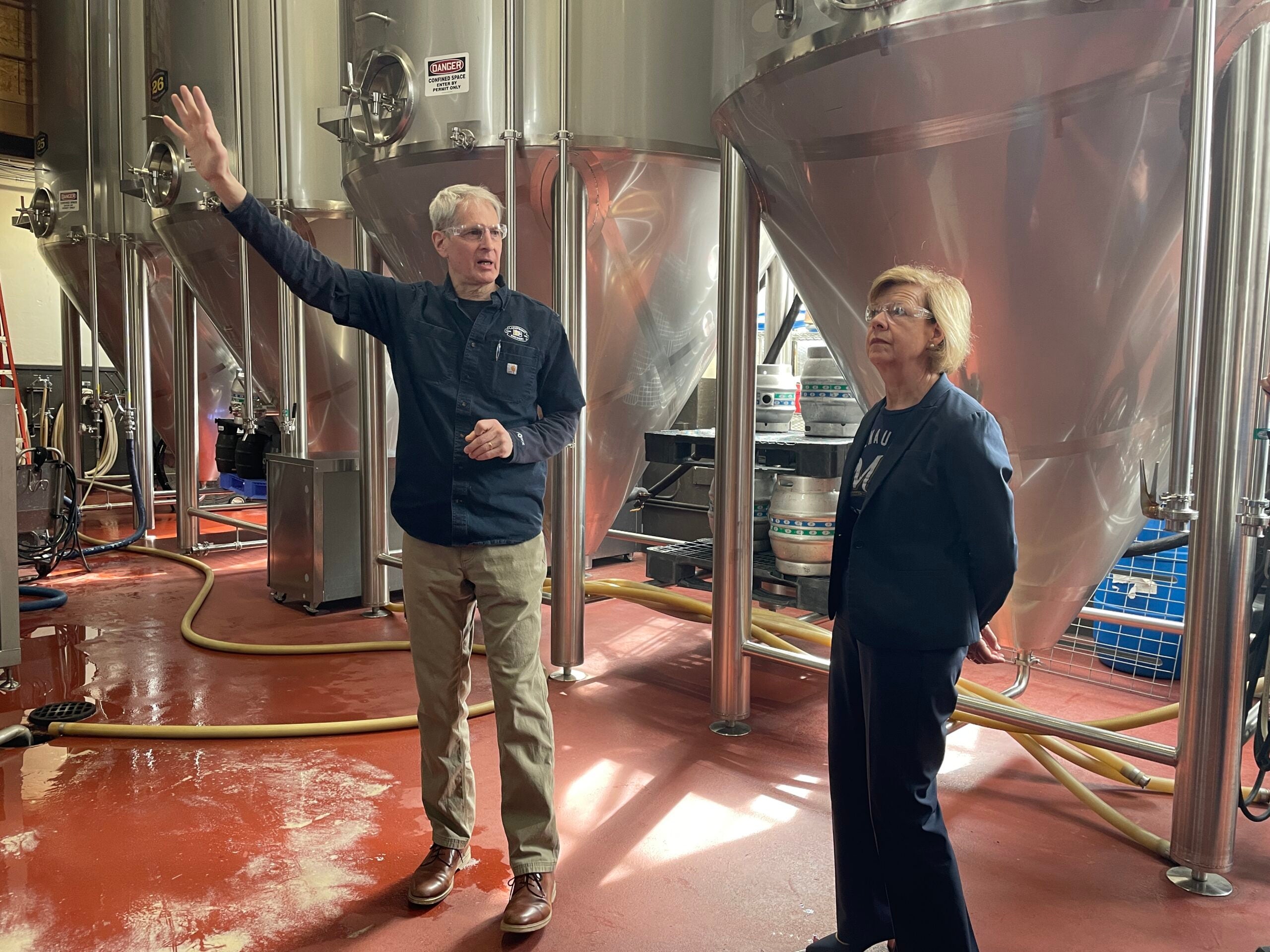On a frigid Wednesday afternoon, The Explorium Brewpub co-owner Mike Doble and his wife and co-owner Joan sat next to the fireplace inside Good City Brewing on Milwaukee’s east side.
The brewery won’t carry that name much longer. Doble acquired Good City Brewing just days prior. Now, he has big plans for the business’ four taprooms in the Milwaukee area.
“Let’s face it, no hospitality brand — whether you’re a brewery or a restaurant or a fast food joint or a pizza joint, whatever — nobody’s immune from closing,” Doble said.
News with a little more humanity
WPR’s “Wisconsin Today” newsletter keeps you connected to the state you love without feeling overwhelmed. No paywall. No agenda. No corporate filter.
The acquisition comes as four craft breweries closed their doors last year in Milwaukee, a city known for its rich history with beer. That’s partly due to fewer young people drinking beer and people drinking beer less often.
Matt Gacioch, staff economist for the Brewers Association, said for a period, craft breweries — known for their unique styles of beer — were “booming.”
But that isn’t the case anymore.
“What we have seen in the last few years is those kind of boom days are in the rearview,” Gacioch said.
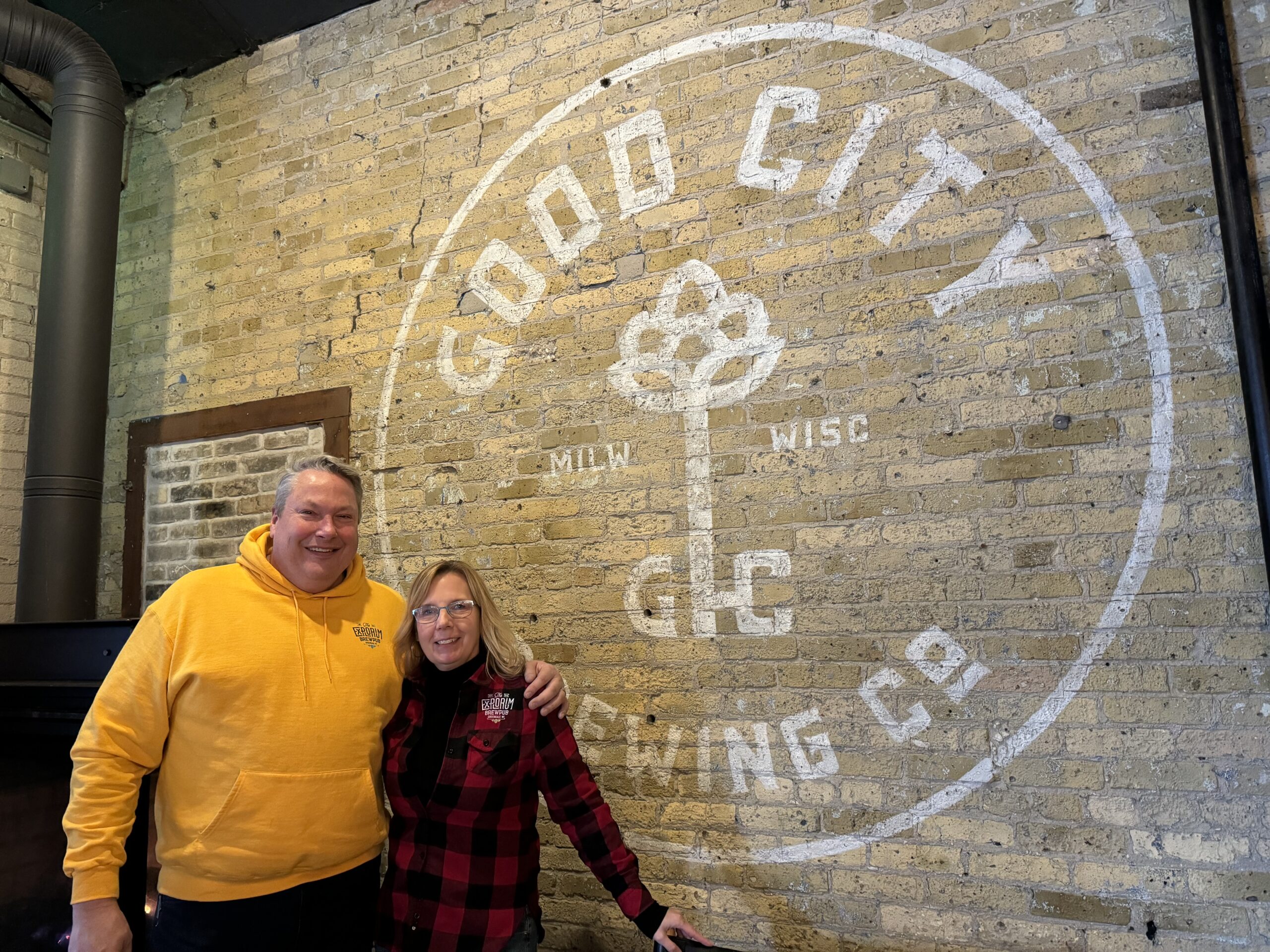
More breweries closed than opened across the nation in 2024
In the past few months, City Lights Brewing Company, Enlightened Brewery Company, MobCraft Beer and Company Brewery all closed in Milwaukee. A WPR reporter was unable to reach the former owners of the craft breweries, but social media posts from the businesses shed some light on the decisions to close.
In a Facebook post, City Lights Brewing Company said the move came after “numerous challenges have made it unsustainable to continue.” A Facebook post from the owners of Good City Brewing said the “craft beer industry has experienced seismic shifts and its future will require strategic alliances.” A Facebook post from the owner of MobCraft Beer also mentioned “financial struggles.”
The Brewers Association found brewery closings outpaced brewery openings in 2024, as there were 335 new brewery openings and 399 brewery closings last year, according to data from the trade group. Inflation, changing habits from consumers and increased competition in the craft beer market has made it difficult for some craft breweries to stay afloat, Gacioch said.
“All of these factors make running a brewery, a successful brewery, more difficult than it had been in previous years,” he said.
A Gallup poll found fewer adults under the age of 35 are drinking alcohol compared to two decades ago. Gacioch also said beer drinkers are now drinking beer less frequently.
Meanwhile, the Brewers Association found U.S. beer production and imports were down 5 percent in 2023, while “craft brewer volume sales declined by 1 percent.”
“The market is shrinking,” said Stanislav Dobrev, the chair of strategic management at the Lubar College of Business at the University of Wisconsin-Milwaukee. “That’s undeniable.”
The closures come in a city that has a nearly 200-year history with beer brewing, according to UW-Milwaukee’s “Encyclopedia of Milwaukee.” Visit Milwaukee, the city’s tourism bureau, even has a webpage dedicated to brewery tours tourists can take across the city.
“Milwaukee’s reputation as Brew City has long been a source of pride, but even the strongest traditions face change,” Peggy Williams-Smith, president and CEO of Visit Milwaukee, wrote in a statement. “Recent closures and ownership changes among local breweries reflect the shifting landscape of the craft brewing industry, shaped by evolving consumer preferences and economic pressures.”
‘There’s a saturation in the market’
Ron Hockersmith opened Amorphic Beer in the city’s Riverwest neighborhood in 2021. In the past few years, he believes more craft beer drinkers have moved out of the city as they’ve gotten older. He also believes the Gen Z generation has a general “disinterest in craft beer.”
“There’s a saturation in the market, and you can certainly see there’s less craft beer consumers specifically in the city of Milwaukee versus the metro area,” Hockersmith said.
There is also less of a demand for craft beer options at businesses across the city, Hockersmith said.
“Bars and restaurants are facing increasing costs for many reasons, and as a result are often looking to increase profit on beer as a way to stay alive,” Hockersmith said in a message. “Thus, I’ve seen a shift in craft beer available at a majority of venues towards those that are low cost and distributed and pushed by large beer distributors.”
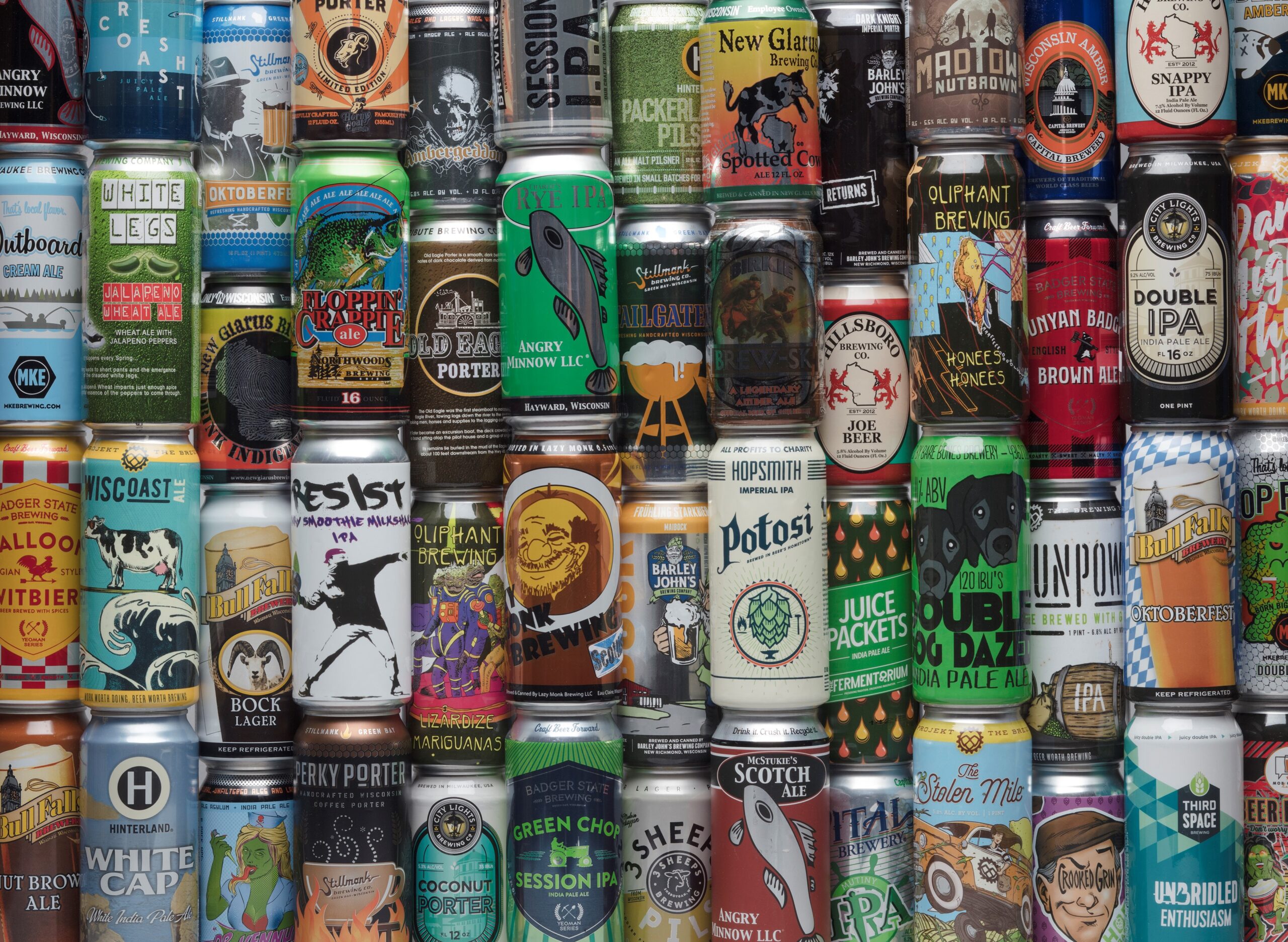
Another recent trend, according to Dobrev, is the merging of craft breweries and the sale of smaller breweries to larger breweries. Dobrev said that’s a “normal stage in industry evolution.”
Dobrev believes the closures won’t negatively impact tourism for the state’s largest city.
“I think we still have plenty (craft breweries), and I’m not worried that we’re going to run out of breweries,” Dobrev said.
By Doble’s count, there are still 40 craft breweries operating in the Greater Milwaukee area. The Brewers Association also says there are 266 craft breweries in Wisconsin, ranking the state 13th in the nation.
Craft breweries forced to pivot
The Explorium Brewpub, which is taking over Good City Brewing, opened in 2016 and has locations in Greendale and Milwaukee.
When asked about the changing dynamics in the craft beer industry, Doble said he’s excited for the challenge. He also said they plan to manufacture more gluten-free beer and other alcohol options for people who don’t drink beer.
“You need to provide what the neighborhood and what your customer base is asking for, and if the customer base is evolving, then we need to evolve with it,” Doble said.
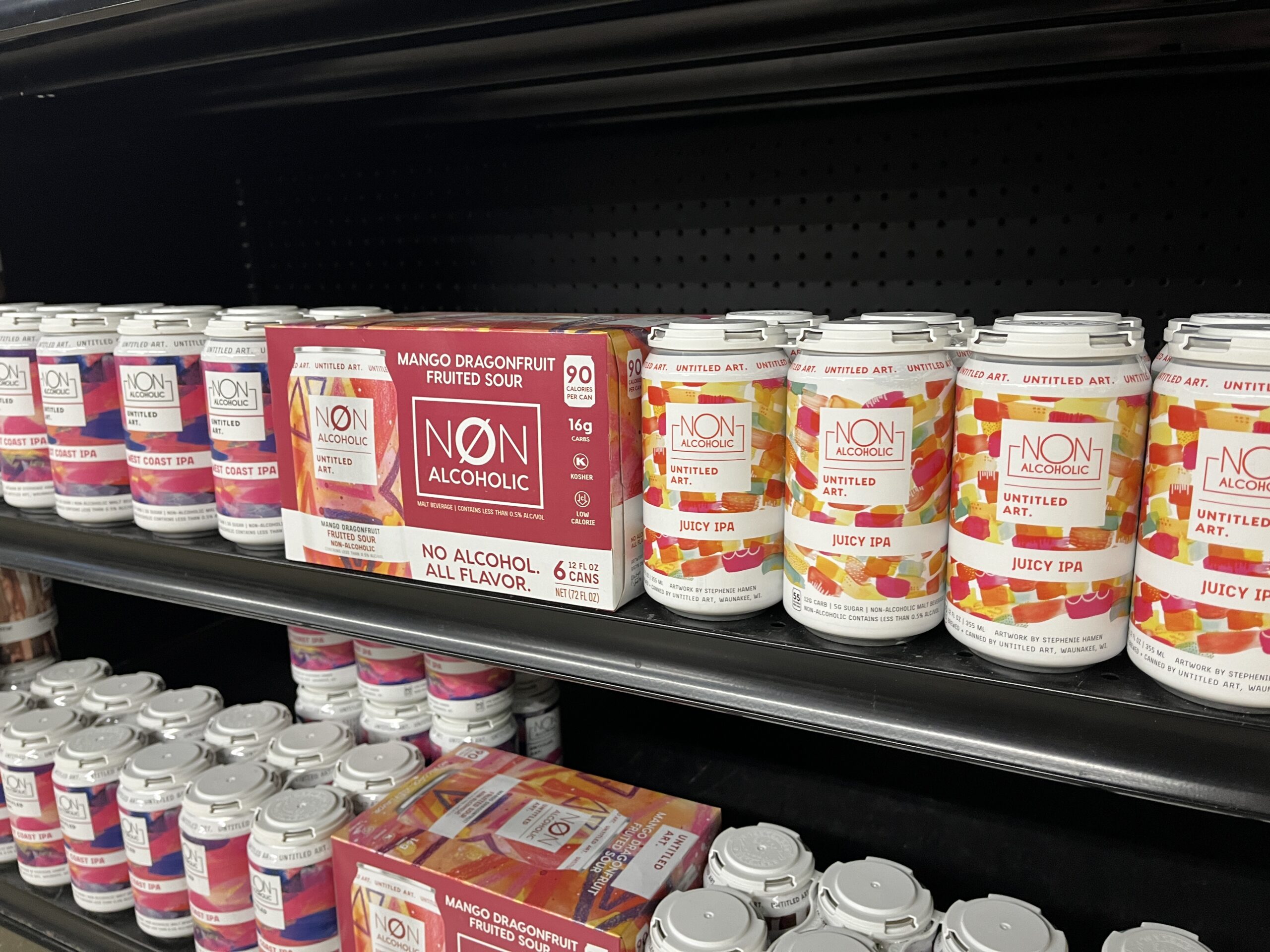
Hockersmith is also producing beers that have a lower alcohol content. Sales for nonalcoholic beers increased more than 30 percent from 2022 to 2023, according to a Wall Street Journal report.
“It’s really hard to make a beer that’s low alcohol but has a lot of flavor,” Hockersmith said. “But we’ve been trying for nine months.”
Gacioch said it’s up to each individual craft brewery to decide how to stay competitive.
“I think generally, making the offerings and making the space more inviting and inclusive of many different types of consumers will be a sign of success … in the coming years,” Gacioch said.
Wisconsin Public Radio, © Copyright 2025, Board of Regents of the University of Wisconsin System and Wisconsin Educational Communications Board.

